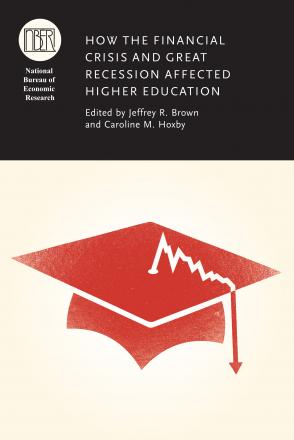Competition among University Endowments

The asset allocation of university endowments has recently shifted dramatically towards alternative investments. This shift left some institutions exposed to the liquidity shock of the Great Recession and exacerbated the effects of that recession on subsequent resource allocation choices. In this paper we examine the role played by strategic competition in motivating this shift. Using a metric capturing competition for undergraduate applications, we test whether endowment performance relative to a school's nearest competitor is associated with the likelihood of changing investment policy, and conditionally, whether the nature of that change is consistent with the goal of "catching up" to its closest rival. Conditional on indicating a policy change, we find that endowments appear to use marketable alternatives - i.e. hedge funds - to catch up to competitors. More generally, we find evidence that endowments with below median holdings of alternative investments tend to shift policies in that direction. Besides herding behavior we also find trend-chasing behavior. Endowments with recent positive experience with various alternative asset classes tend to increase exposure to them. We consider the long-run implications of this competitive and trending behavior for the ability of endowments to deliver intergenerational equity.
-
-
Copy CitationWilliam N. Goetzmann and Sharon Oster, How the Financial Crisis and Great Recession Affected Higher Education (University of Chicago Press, 2013), chap. 3, https://www.nber.org/books-and-chapters/how-financial-crisis-and-great-recession-affected-higher-education/competition-among-university-endowments.Download Citation


